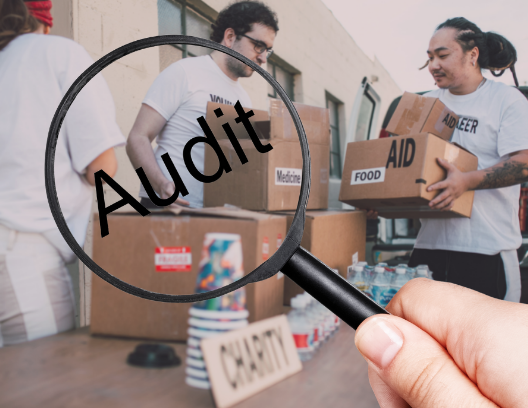You want to demonstrate your commitment to financial transparency. By publishing an independent audit report on your website and providing the report to anyone who requests it, you’ll be assuring your donors and the public that your financial practices meet accepted standards — for handling contributions, for instance.
Many public and private foundations — and funders — require charitable nonprofits to submit audited financial statements to be eligible for funding. Budgets and cash-flow statements predict your nonprofit organization’s financial future, but you need a review of each year’s annual income and expenses in your financial statement, which tells the story of your organization’s past.
Preparing and interpreting your financial statements is a special area of expertise. An audit involves a formal study of your policies and systems for managing your finances, a review of financial statements and commentary about the accuracy of those statements.
Such charity watchdogs as CharityWatch, Charities Review Council and Charity Navigator take into consideration whether a charitable organization has an annual independent audit when they do their ratings. To exercise their due diligence, your top management committee or board of directors may want the assurance offered by an independent audit that the financial statements are free of material misstatements.
In an audit, the CPA expresses an opinion as to the accuracy and completeness of financial statements, based upon test procedures and an evaluation of your internal controls. Analytical procedures coupled with inquiries of management allow the CPA to attest that no material modifications are needed for the financial statements to be in accordance with generally accepted accounting principles (GAAP) — the common set of accounting principles, standards and procedures used to present financial statements.
Getting Started
A first step, then, is to decide who in the organization will oversee the audit process. Typically, the audit is overseen by an audit committee or the Executive Committee. That committee should oversee the selection of the audit firm.
In selecting the audit firm, it makes sense to choose one that has expertise and knowledge in performing an audit for charitable organizations. Before meeting with the candidates, develop goals and objectives to help narrow your search.
Auditors should present the results of their audit to management and the audit committee/executive committee. This presentation should include any recommendations to improve internal controls, which should be followed by a corrective action plan by management to correct any weaknesses in the systems of internal control.
For more information on this topic, read our article, Does Your Nonprofit Need an Independent Audit?
If you need assistance or have any questions on the information in this article, please call your CironeFriedberg professional. You can reach us by phone at (203) 798-2721 (Bethel), (203) 366-5876 (Shelton), or (203) 359-1100 (Stamford) or email us at info@cironefriedberg.com.





